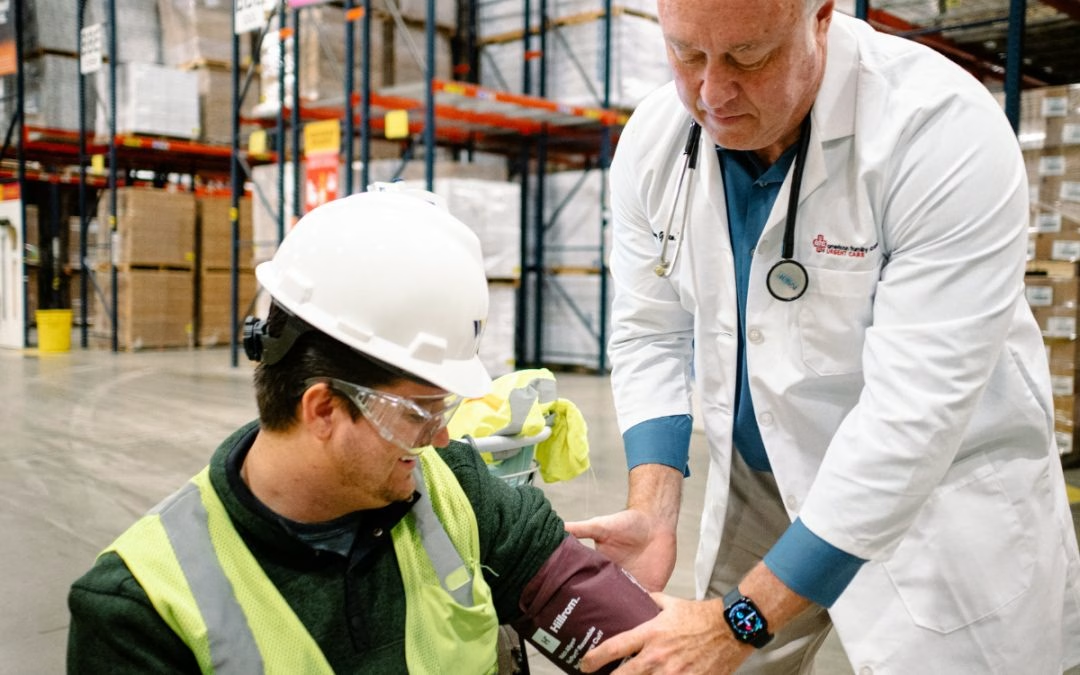
Have you ever debated whether to call it an STD or an STI while enjoying a cone from Tony’s Ice Cream? You’re not alone. The terms “STD” (sexually transmitted disease) and “STI” (sexually transmitted infection) are often used interchangeably, but the distinction is more than just a matter of semantics. With millions of new cases diagnosed each year in the United States, it’s important to understand the difference and why it matters to your sexual health.
Is There a Difference Between an STD and an STI?
The short answer? Not much, at least not in a medical sense. Both “STD” and “STI” refer to conditions transmitted primarily through sexual contact, caused by viruses, bacteria, or parasites. Common examples include chlamydia, gonorrhea, herpes, syphilis, human papillomavirus (HPV), and HIV. However, the terminology varies based on the context, and that’s where things get a little complicated.
“STD” is the older term that most people are familiar with. It’s what you might have heard growing up or seen in pop culture, and it’s still widely used in everyday conversations. On the other hand, medical professionals tend to prefer the term “STI” today, because it’s more accurate and carries less stigma.
Why Do Medical Experts Prefer “STI”?
The term “infection” is preferred because it’s more precise from a medical perspective. An “infection” refers to the presence of bacteria, viruses, or parasites in the body, whether or not symptoms appear. You could have an STI and not even know it. Many STIs, like chlamydia and HPV, don’t cause noticeable symptoms but can still be transmitted to partners and cause serious health issues if left untreated.
In contrast, a “disease” typically refers to the point at which an infection progresses to the point of causing symptoms or complications. Therefore, all STDs begin as STIs, but not all STIs turn into diseases. For instance, someone might carry HPV without symptoms, but that doesn’t mean it has developed into the disease of cervical cancer.
That said, some health organizations still use the terms interchangeably, and the distinction isn’t always clear-cut. Diseases like high blood pressure or diabetes can exist without symptoms yet are classified as diseases. As a result, many health professionals now focus on prevention, testing, and treatment rather than getting caught up in the terminology.
Why It Matters: Reducing Stigma and Encouraging Testing
Understanding the difference between STIs and STDs is more than just about semantics, it’s about reducing the stigma surrounding sexual health. “Infection” feels less intimidating and less shame-inducing than “disease,” which can encourage people to seek help sooner. When we talk about STIs rather than STDs, it can also make the conversation around sexual health feel more approachable and less scary for people.
More importantly, by focusing on STIs, we can emphasize the need for regular screenings, particularly for sexually active individuals. Since many STIs don’t show symptoms, routine testing is often the only way to know your status and take control of your sexual health. Early detection and treatment can help prevent more serious health problems down the road.
Common STIs You Should Know About
Here are some of the most common STIs that impact sexual health in the United States:
- Chlamydia: A bacterial infection that often shows no symptoms but can lead to infertility if untreated. It’s easily treated with antibiotics.
- Gonorrhea: Another bacterial infection, gonorrhea can affect the genitals, rectum, and throat. It can also lead to complications like infertility if left untreated.
- HPV (Human Papillomavirus): The most common STI, with some strains linked to genital warts, while others increase the risk of certain cancers. Vaccines are available to protect against the most harmful strains.
- Herpes Simplex Virus (HSV): HSV causes oral and/or genital sores and is highly contagious. It can be spread even without visible symptoms.
- Syphilis: A bacterial infection that progresses in stages and can cause severe health complications if not treated. It’s usually treatable with antibiotics.
- HIV (Human Immunodeficiency Virus): This virus attacks the immune system and, if untreated, can progress to AIDS. While there is no cure, early diagnosis and treatment can make HIV manageable.
How AFC Gastonia Can Help
We understand that talking about STIs can be uncomfortable, but we’re here to make it easier. Our team of compassionate providers offers confidential STI testing and treatment in a professional, non-judgmental setting.
Whether you’re experiencing symptoms, have been exposed to someone with an STI, or simply want peace of mind, we’re here to help. Our walk-in clinic offers same-day testing with no appointment necessary. Results are often available quickly, so you don’t have to wait long to take control of your health.
If treatment is necessary, we provide it along with educational support to help you protect yourself and your partners in the future. At our clinic, your sexual health is important to us, and we’re committed to offering you the care and resources you need.
Final Thoughts
Whether you call it an STI or an STD, what truly matters is protecting your sexual health through regular testing, awareness, and treatment. Understanding the difference between the two terms is just the beginning. What’s most important is taking proactive steps to monitor your health and prevent the spread of infections.
If you’ve been sexually active or are concerned about potential exposure, don’t wait; get tested today. AFC Gastonia is here to provide the testing and care you need, with no judgment, just support. Visit us any day of the week to take charge of your health and feel confident about your sexual well-being. Because, no matter what term you use, your health is always worth prioritizing.

